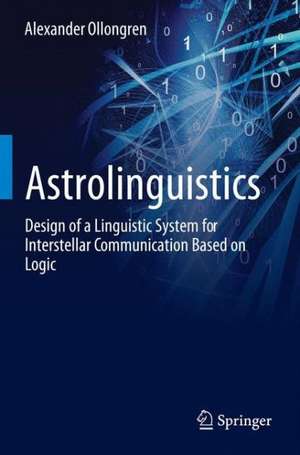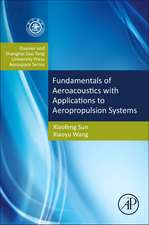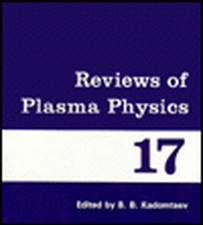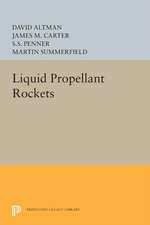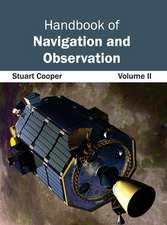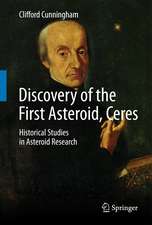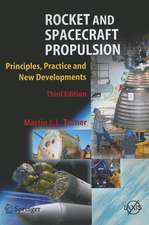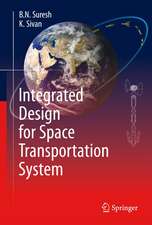Astrolinguistics: Design of a Linguistic System for Interstellar Communication Based on Logic
Autor Alexander Ollongrenen Limba Engleză Paperback – 21 noi 2012
Preț: 1070.69 lei
Preț vechi: 1305.72 lei
-18% Nou
Puncte Express: 1606
Preț estimativ în valută:
204.87€ • 213.90$ • 169.56£
204.87€ • 213.90$ • 169.56£
Carte tipărită la comandă
Livrare economică 04-18 aprilie
Preluare comenzi: 021 569.72.76
Specificații
ISBN-13: 9781461454670
ISBN-10: 1461454670
Pagini: 264
Ilustrații: XV, 248 p. 4 illus. in color.
Dimensiuni: 155 x 235 x 14 mm
Greutate: 4.04 kg
Ediția:2013
Editura: Springer
Colecția Springer
Locul publicării:New York, NY, United States
ISBN-10: 1461454670
Pagini: 264
Ilustrații: XV, 248 p. 4 illus. in color.
Dimensiuni: 155 x 235 x 14 mm
Greutate: 4.04 kg
Ediția:2013
Editura: Springer
Colecția Springer
Locul publicării:New York, NY, United States
Public țintă
ResearchCuprins
Preface.- Preliminaries.- History.- Part I: Calculus of Constructions.- Chapter 1.1: Types and declarations.- Chapter 1.2: Functions and induction.- Chapter 1.3: Hypotheses.- Chapter 1.4: Higher orders and inductive structures.- Part II: Facts.- Chapter 2.1: Simple Facts.- Chapter 2.2: Compounds.- Chapter 2.3: Aristotelian Theatre.- Chapter 2.4: Wittgenstein's Theatre.- Part III: Annotations in LINCOS.- Chapter 3.1: Logical contents of texts.- Chapter 3.2: An astrolinguistic experiment.- Chapter 3.3: Aspects of truth.- Chapter 3.4: Human altruism.- Part IV: Interpretation of LINCOS.- Chapter 4.1: Self-interpretation.- Chapter 4.2: Pictorial representation.- Chapter 4.3: Representation of music.- Chapter 4.4: Signature of LINCOS.- Part V: Processes of LINCOS.- Chapter 5.1: Representing processes.- Chapter 5.2: Cooperating sequential processes.- Chapter 5.3: Hamlet in LINCOS.- Part VI: Symbolic Computation.- Chapter 6.1: Basics.- Chapter 6.2: Relativistic particle motion.- Chapter 6.3: Two-body motion.- Part VII: (Un) Certainty.- Chapter 7.1: Certain existence.- Chapter 7.2: The uncertain alien.- Appendix.- Postscriptum.- Summary in Russian.- Declaration of Principles.- Curriculum Vitae.- Index.
Recenzii
“If you want to know everything about the LINCOS language ‘Astrolinguistics’ is the right book for you. … This book therefore is a modern overview of LINCOS given by an authoritative source. First it describes the syntax of the language, then it shows how it can be used to describe different aspects of ordinary communication like, e.g. music, scientific language, or language courses.” (Gabriella Bernardi, Astrocom et al., astrocometal.blogspot.de, January, 2017)
Notă biografică
Alexander Ollongren began his career as a mathematical astronomer at the Dept. of Astronomy at Leiden University in the Netherlands, where he obtained his PhD. He then left the university and worked almost two years in Celestial Mechanics at Yale University in the US. Ollongren returned to Holland and became director of the newly established computer center of Leiden University. He spent a sabbatical leave as a visiting scientist at the IBM Laboratory in Vienna and was later appointed full professor of theoretical computer science at the Dept. of Computer Science of Leiden University. He was a guest professor in the same science for about a year at Linkoping University in Sweden. After retirement he became a member of the Permanent Study Group Search for ExtraTerrestrial Intelligence (PSGSETI) of the International Astronautical Academy. He has written books and articles on the semantics of programming languages.
Textul de pe ultima copertă
In linguistics, one of the main areas of modern research involves the capabilities and possibilities of there being a "lingua cosmica," a LINCOS, a universal language that could be used to communicate with non-human intelligences. This book touches on the area of the development and use of a "lingua universalis" for interstellar communication, but it also presents concepts that cover a broad area of linguistics. Chomsky's paradigm on universal properties of natural languages, for a long time a leading general theory of natural languages, includes the strong assumption that humans are born with some kind of universals stored in their brains. Are there universals of this kind of language used by intelligent beings and societies elsewhere in the universe? We do not know whether such languages exist. It seems to be impossible to determine, simply because the universe is too large for an exhaustive search. Even verification will be hard to obtain, without quite a bit of luck. This book uses astrolinguistic principles in message construction and is helpful in clarifying and giving perspective to discussions on existential questions such as these.
Caracteristici
Presents an in-depth, partly philosophical study of a theoretical but growing area of linguistics
Uses applied logic and universal aspects of linguistics to explain concepts and theories
Describes in a concise and easy to interpret manner aspects of human behavior as relates to communicating with other-world intelligences
Uses applied logic and universal aspects of linguistics to explain concepts and theories
Describes in a concise and easy to interpret manner aspects of human behavior as relates to communicating with other-world intelligences
